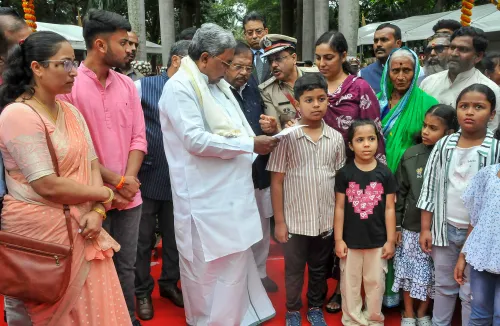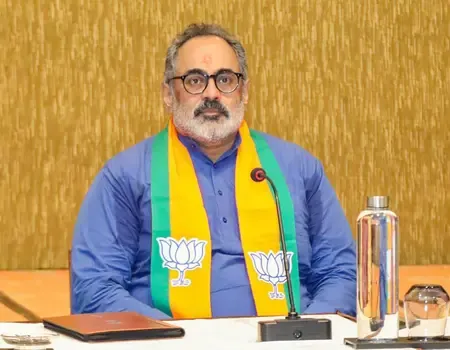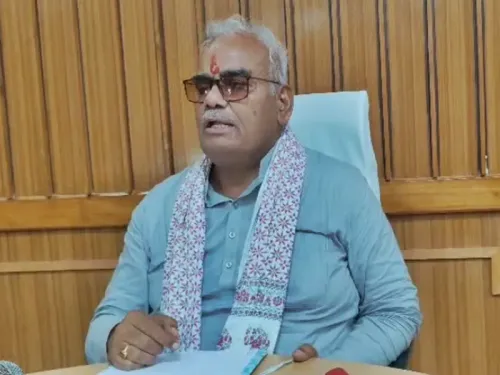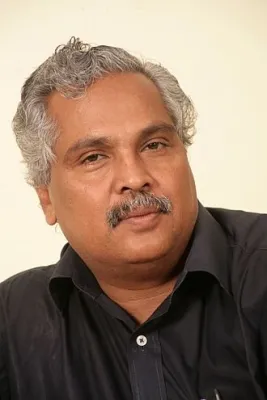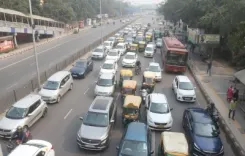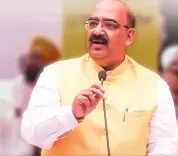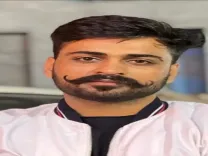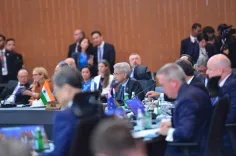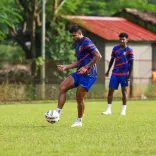Did the Supreme Court Uphold the Delhi HC Order for FIR Against Ex-CBI Officers?
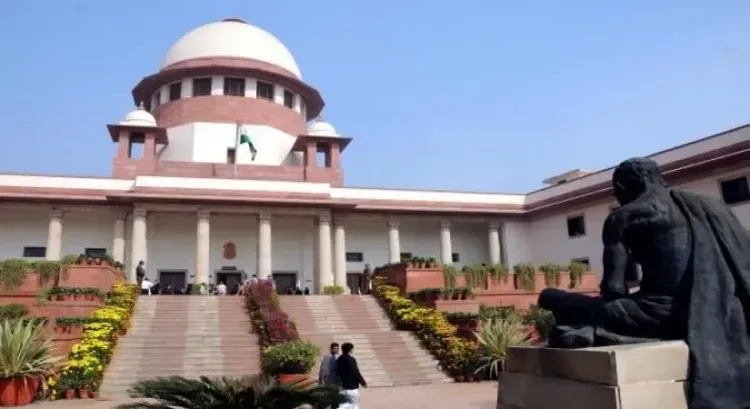
Synopsis
Key Takeaways
- The Supreme Court upheld the Delhi High Court's order for an FIR against two ex-CBI officers.
- The case involves serious allegations of abuse of authority and intimidation.
- The investigation is to be conducted by a qualified officer from the Delhi Police.
- Public trust in law enforcement is crucial for justice.
- The case has been unresolved for over 20 years.
New Delhi, Sep 10 (NationPress) On Wednesday, the Supreme Court chose not to intervene in a 2006 order issued by the Delhi High Court, which mandated the filing of an FIR against two former officers of the Central Bureau of Investigation (CBI) for allegations of abuse of authority, intimidation, and procedural irregularities from the year 2000.
A judicial bench comprised of Justices Pankaj Mithal and Prasanna B. Varale reaffirmed the High Court’s directive to initiate a case against Vinod Kumar Pandey (who served as Inspector) and Neeraj Kumar (then Joint Director). The bench noted that the complaints from Sheesh Ram Saini and Vijay Aggarwal prima facie indicated cognizable offences under various sections of the IPC, including Sections 506, 341, 342, 166, 218, 463, 465, 469, and 120-B.
Highlighting that the issue has remained unresolved for over two decades, the bench led by Justice Mithal stated, "It would be a dichotomy of justice if such an offence is permitted to go uninvestigated, especially given the involvement of officers on CBI deputation. It is essential in law that justice must not only be done but must also be perceived to be done. It is time for those who investigate to also be subjected to investigation to maintain public trust in the system."
The apex court pointed out that the former CBI Inspector Pandey had reportedly summoned the complainant, Vijay Aggarwal, in breach of a bail order, used offensive language, and attempted to pressure him into retracting his brother's complaint against Neeraj Kumar. Furthermore, evidence was seized without a proper seizure memo, which was only prepared the following day.
Labeling such actions as grave, the Delhi High Court remarked that CBI officers, as public servants, cannot claim immunity if they deliberately create false or inaccurate records during a seizure or misuse their official role.
The Supreme Court revised the Delhi High Court’s order directing that the investigation be conducted by the Delhi Police Special Cell, noting that the Special Cell generally handles terrorism-related matters. The inquiry will now be supervised by a Delhi Police officer of no less than the rank of Assistant Commissioner of Police.
Additionally, the court provided protection against arrest for the former CBI officers, contingent upon their cooperation. "If they engage with the investigation and regularly appear before the Investigating Officer (IO), no coercive measures, including arrest, shall be undertaken until the IO determines that custodial interrogation is necessary," the bench directed.
The Delhi Police has been tasked to conclude the investigation within three months. Moreover, the Supreme Court clarified that while the preliminary enquiry report may be referenced during the investigation, it should not be considered definitive. "The IO must conduct the investigation strictly according to the law, uninfluenced by any findings or observations from the High Court or this Court," declared the apex court.

